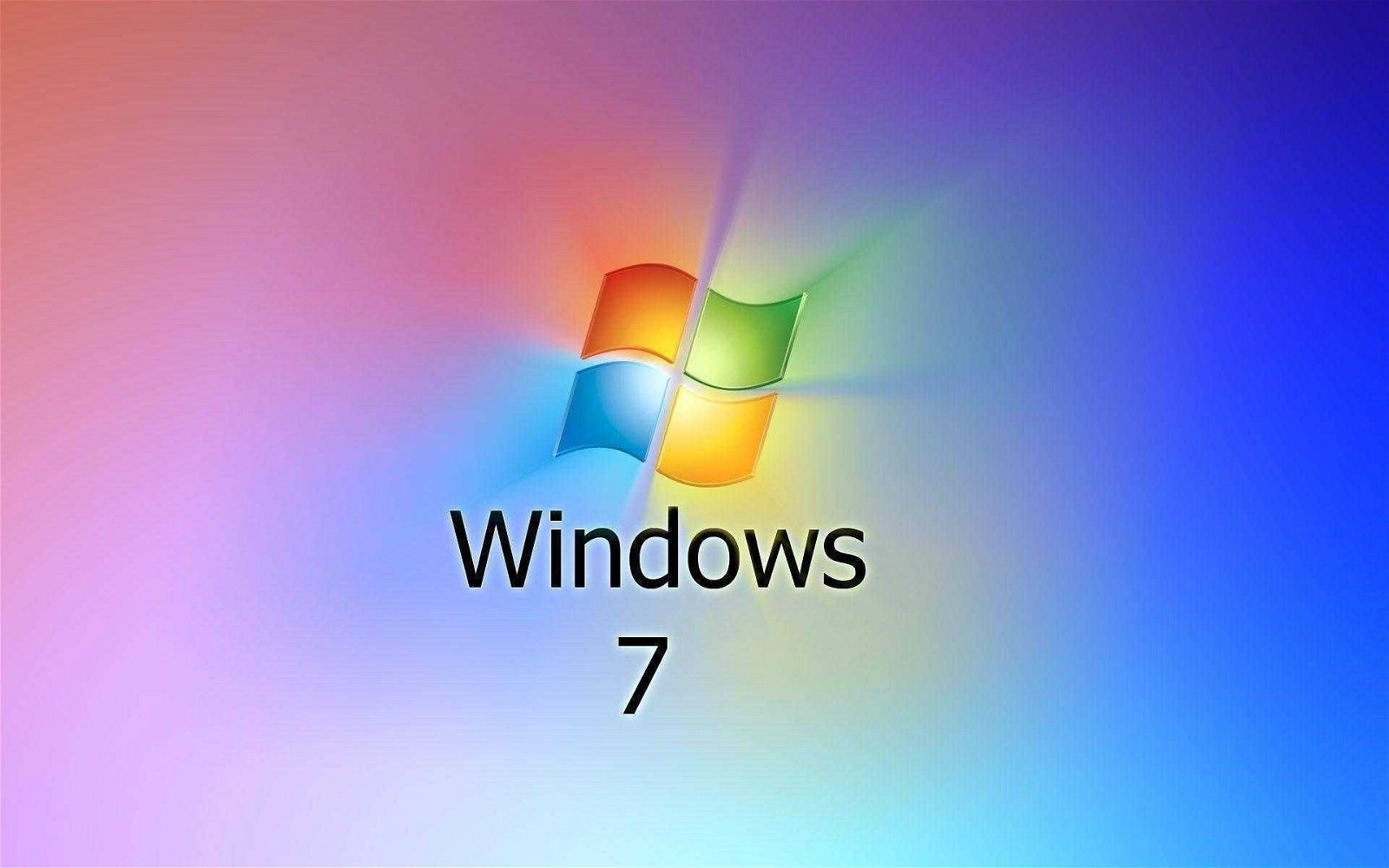Windows 7 Professional editions and Enterprise δεν θα λαμβάνουν πλέον από την Τρίτη 10 Ιανουαρίου 2023 κανενός είδος εκτεταμένες ενημερώσεις security for critical and significant vulnerabilities points.

Η Microsoft released Windows 7 in October 2009. In January 2015 stopped their general support and in January 2020 he also stopped her their extensive support.
As a last resort there was the Extended Security Update (ESU) program, which was also the last option for customers who still needed to run Microsoft's legacy operating system. But this solution also expires tomorrow.
Microsoft customers with Windows 7, as the company explains, can be upgraded even now, free to Windows 10, as most Windows 7 devices do not meet the hardware requirements to upgrade to Windows 11.
Before you invest in a Windows 10 upgrade, keep in mind that Windows 10 will reach its end-of-support date on October 14, 2025. So Microsoft is essentially recommending that customers with devices that don't meet the technical requirements upgrade to a newer version of Windows , replace them with those that support Windows 11, to take advantage of the latest hardware features.
Windows 7 currently runs on over 11% of all Windows systems worldwide, while Windows 8.1 is used by 2,59% of Microsoft customers, according to Statcounter GlobalStats.
A similar announcement it had also been done by Google and respectively by Edge one month ago.





